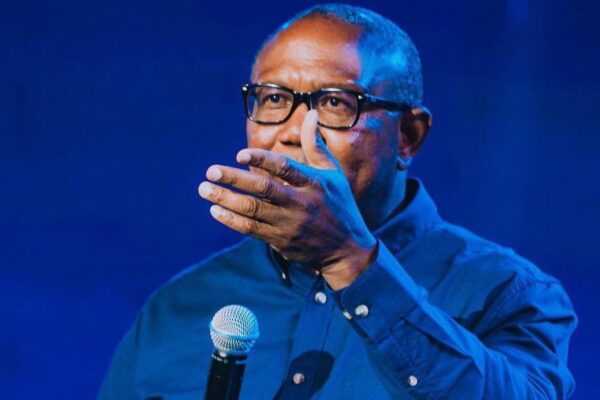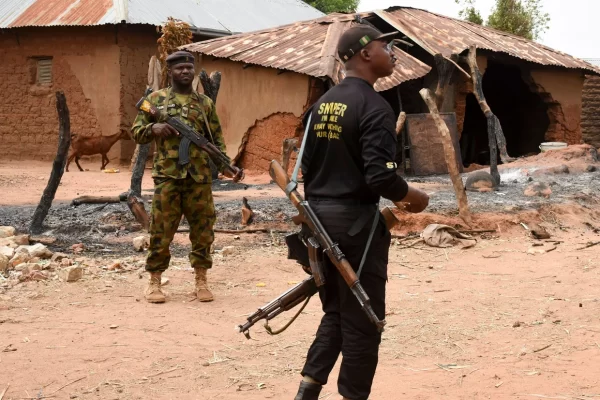
Peter Obi: Hardship Pushing Nigerians Into Mental Distress, Crime
By Trend Brio News Desk | October 12, 2025 ABUJA — Former Anambra State Governor and 2023 Labour Party (LP) presidential candidate, Peter Obi, has raised alarm over what he described as a worsening mental health crisis in Nigeria, saying that the country’s deepening hardship is driving many citizens into psychological distress and criminality. In a post on his X (formerly Twitter) handle to mark World Mental Health Day, commemorated every October 10, Obi said that poverty, unemployment, and the struggle for daily survival have left millions of Nigerians mentally overwhelmed. “As the world celebrates Mental Health Day this weekend, it is troubling to note that a nation like Nigeria has deepening mental health crises,” Obi wrote. “A recent World Health Organisation (WHO) report estimated that about 40 million Nigerians are living with mental health conditions, with fewer than 300 psychiatrists available nationwide.” He lamented that the statistic reflects Nigeria’s “growing disinterest and neglect” of the health sector, emphasizing that mental health should be treated as a national priority. “Mental health is more important than physical health. Nigerians are now feeling so overwhelmed by hardship that they are mentally affected,” Obi stated. “Poverty, unemployment, and the daily battle to survive have pushed many, especially the youth, into hopelessness, criminality, and an increasing rate of suicide.” The LP flag bearer urged the federal government to declare a public health emergency on mental health and to invest massively in mental health infrastructure. He called for the establishment of psychiatric hospitals in all geopolitical zones, alongside the recruitment and training of more mental health professionals to bridge the gap in access to care. “We must also address the issues of poverty, unemployment, and hunger that are contributing to this mental problem and build a nation that heals, uplifts, and gives every citizen a reason to live,” he added. Obi concluded that Nigeria’s true progress should not be measured by the wealth of its leaders but by the well-being and development of its people.


